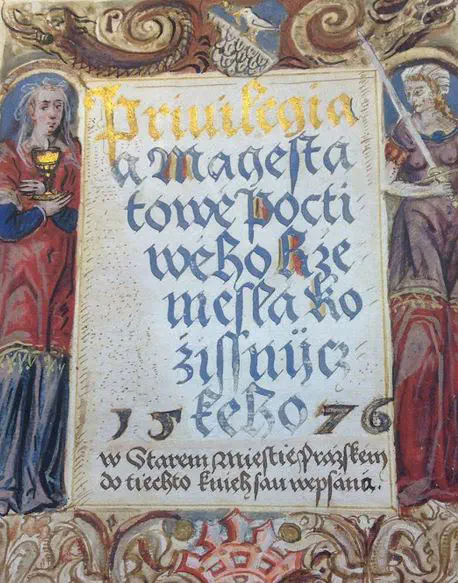
Abstract
Craft guilds were created as a response to certain problems associated with raising royal revenues and securing basic public services in Prague during the medieval and early modern periods. The theory consistent with historical evidence predicts that the rise, spread, and fall of guilds was a result of mutually beneficial bargaining between local craftsmen and their feudal rulers. Guilds enabled craftsmen to utilize the benefits of collusion by offering their capacities to sovereign authorities in exchange for exclusive market privileges. Nevertheless, they created social distortions within their industries in the process.
Publication
Rationality and Society